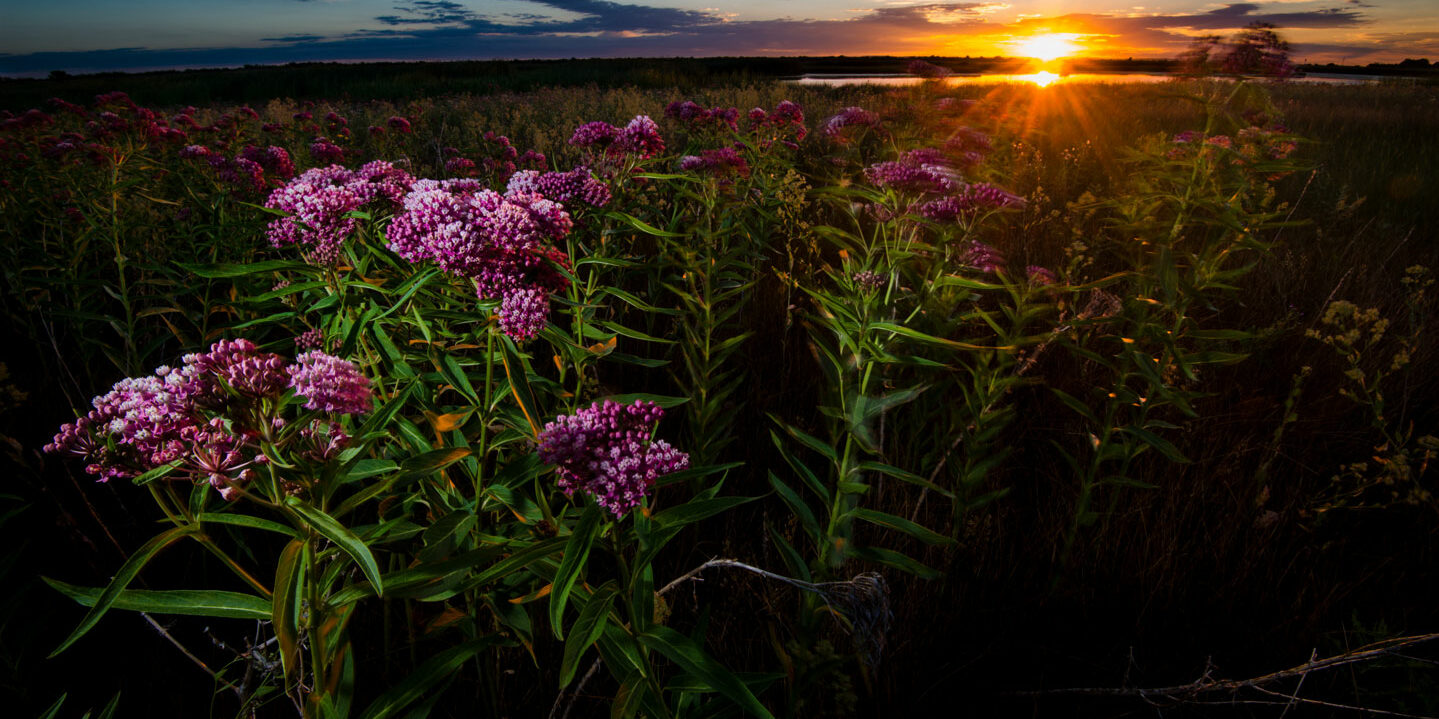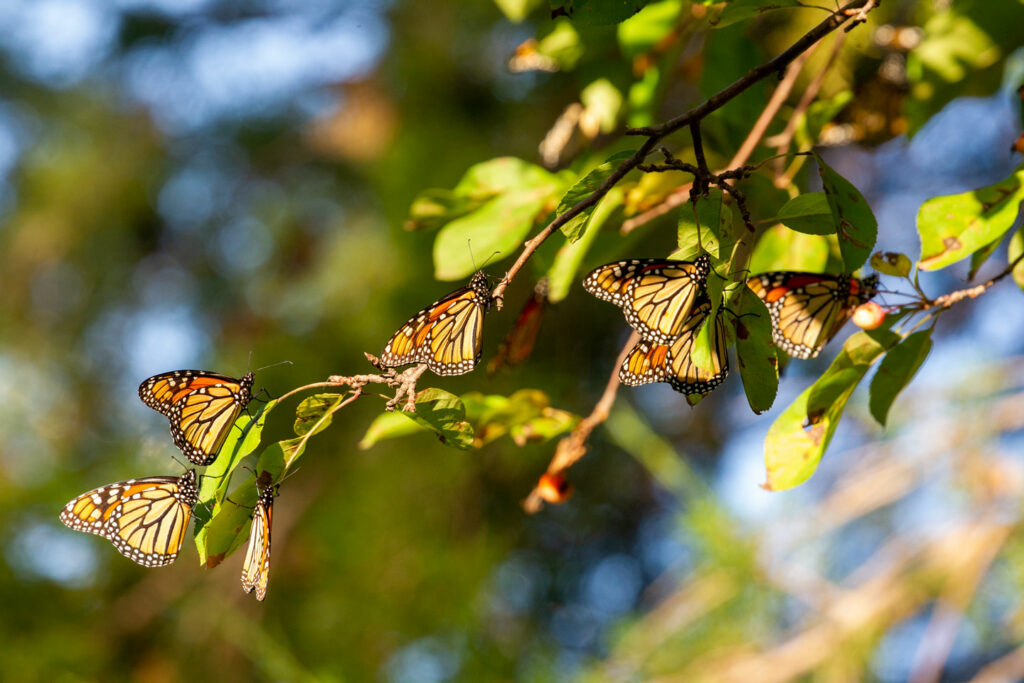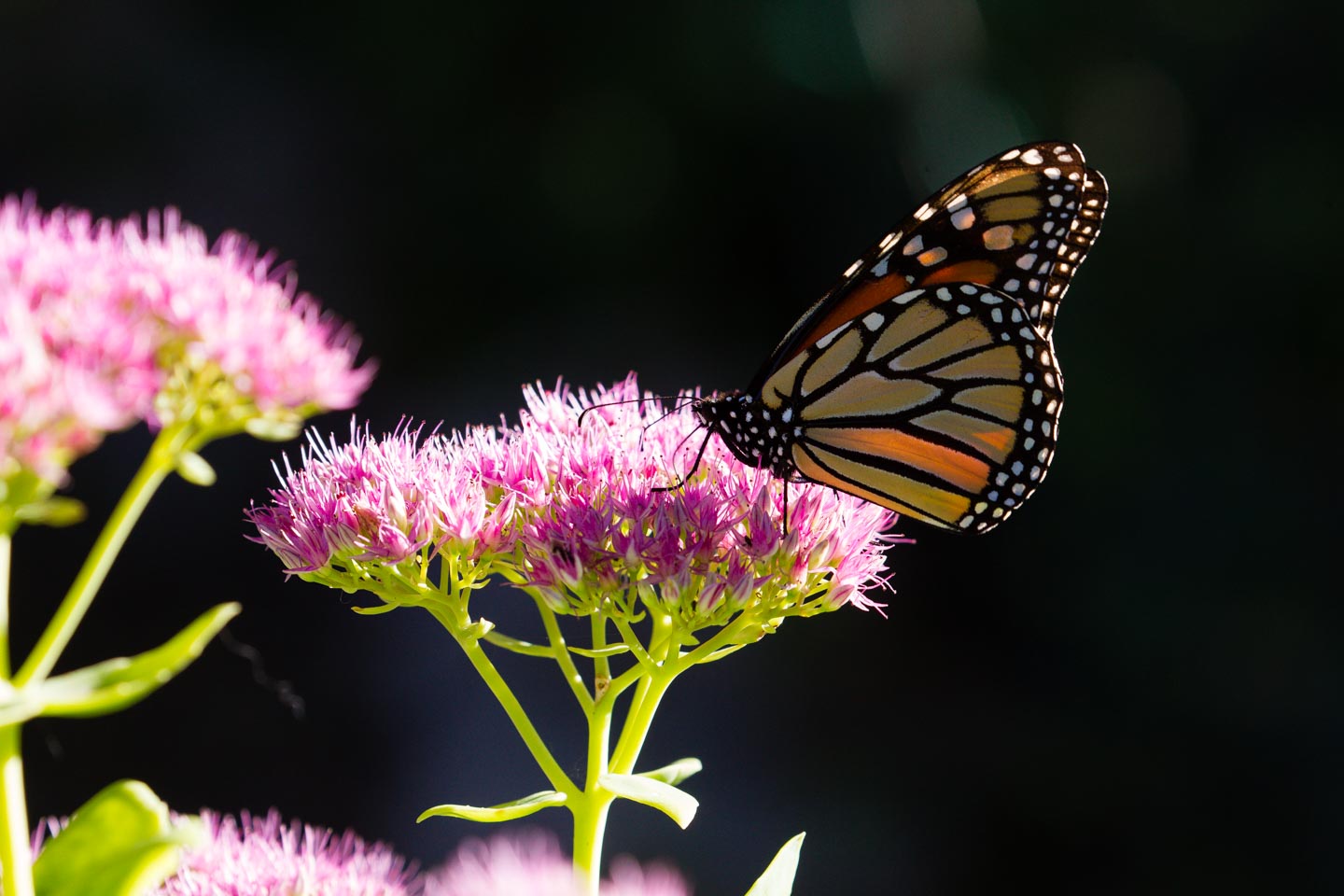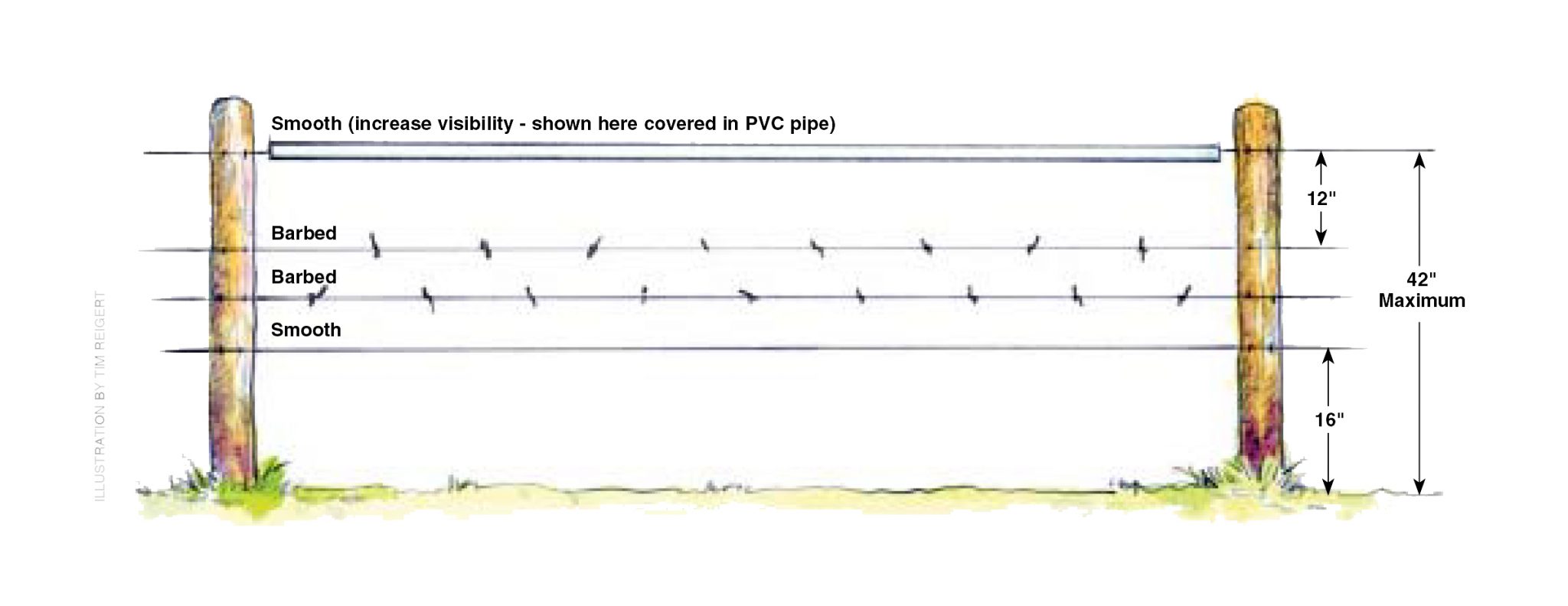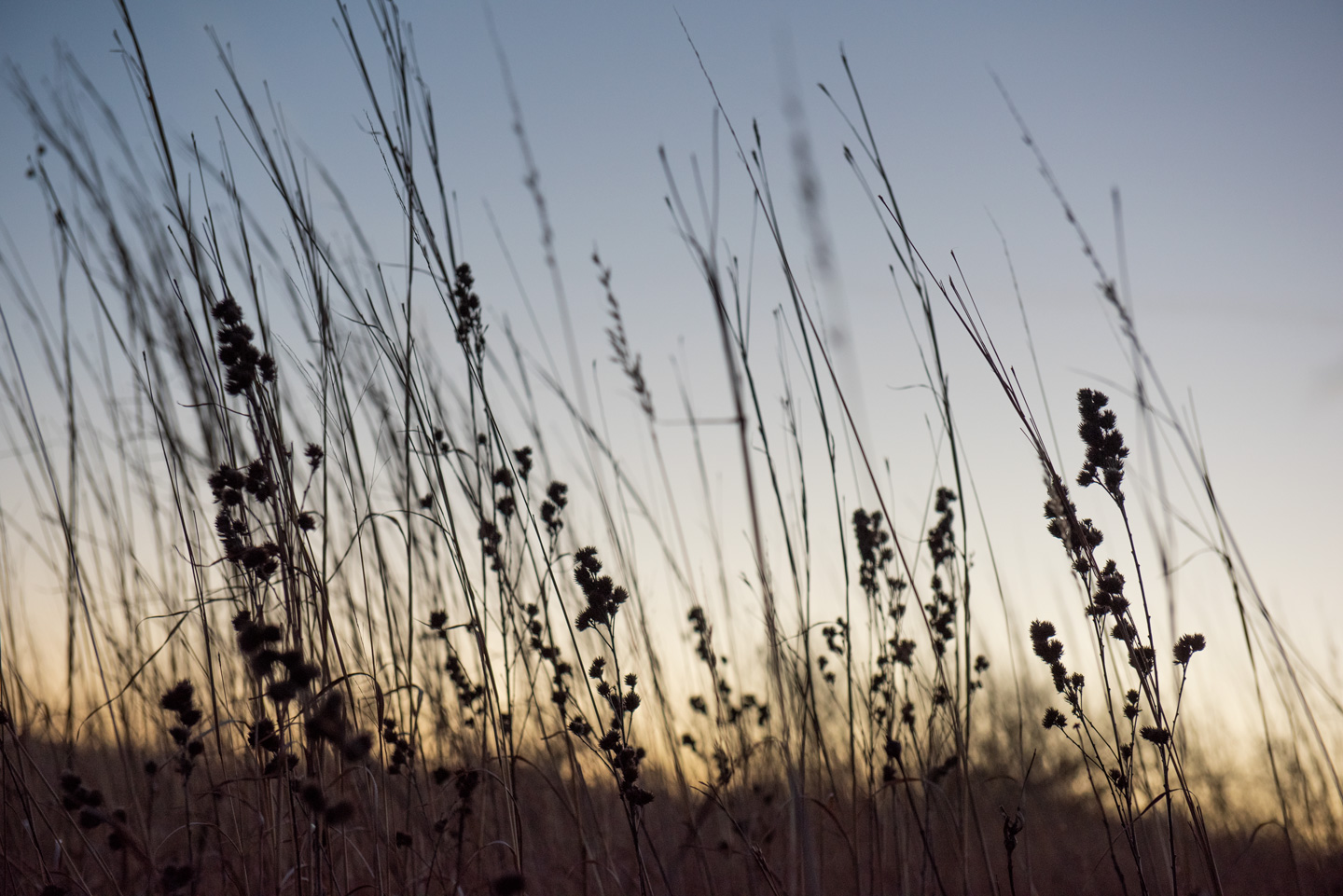Kelly Corman
524 Panzer St., P.O. Box 508
Bassett, NE 68714
p. 402.684.2921
kelly.corman@nebraska.gov
Erin Divine
430 East 2nd Street
Chadron, NE 69337
p. 308.432.6122 | (308.207.0723
erin.divine@nebraska.gov
CWB Supervisor Scott Wessel
Norfolk NGPC District Office
402.370.3374
